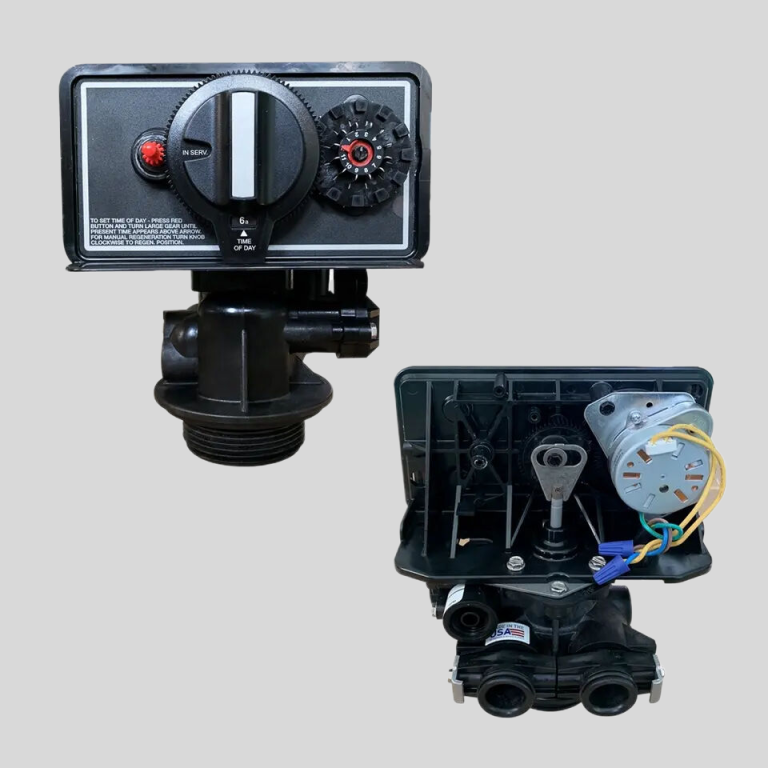Benefits of Using Flow Sensors in Instrumentation
Flow sensors play a crucial role in instrumentation across various industries, providing accurate measurements of fluid flow rates. These sensors are designed to detect the movement of liquids or gases within a system, allowing for precise monitoring and control of flow rates. By incorporating flow sensors into instrumentation systems, businesses can benefit from improved efficiency, reduced waste, and enhanced safety measures.
In addition to monitoring flow rates, flow sensors can also help businesses reduce waste and minimize costs. By accurately measuring the amount of fluid flowing through a system, companies can identify areas where there may be leaks or inefficiencies. This information can then be used to make adjustments to the system, such as repairing leaks or optimizing flow rates, to reduce waste and save money.
Furthermore, flow sensors can play a critical role in ensuring the safety of equipment and personnel. By monitoring flow rates, businesses can detect any abnormalities or fluctuations in the system that may indicate a potential issue. This early detection can help prevent equipment failures, leaks, or other safety hazards, ultimately protecting both the equipment and the individuals working with it.

Another benefit of using flow sensors in instrumentation is the ability to automate processes and improve overall system efficiency. By integrating flow sensors into automated control systems, businesses can streamline operations and reduce the need for manual intervention. This not only saves time and labor costs but also helps to ensure consistent and reliable performance of the system.
Additionally, flow sensors can provide valuable data for analysis and optimization purposes. By collecting and analyzing flow rate data over time, businesses can identify trends, patterns, and potential areas for improvement. This information can be used to optimize processes, reduce energy consumption, and enhance overall system performance.
| Model | pH/ORP-1800 pH/orp meter |
| Range | 0-14 pH; -1600 – +1600mV |
| Accuracy | \\u00b10.1pH; \\u00b12mV |
| Temp. Comp. | Manual/Automatic temperature compensation; No Comp. |
| Oper. Temp. | Normal 0\\uff5e50\\u2103; High temp 0\\uff5e100\\u2103 |
| Sensor | pH double/triple sensor; ORP sensor |
| Display | 128*64 LCD Screen |
| Communication | 4-20mA output/RS485 |
| Output | High/Low limit dual relay control |
| Power | AC 220V\\u00b110% 50/60Hz or AC 110V\\u00b110% 50/60Hz or DC24V/0.5A |
| Working Environment | Ambient temperature:0\\uff5e50\\u2103 |
| Relative humidity\\u226485% | |
| Dimensions | 96\\u00d796\\u00d7100mm(H\\u00d7W\\u00d7L) |
| Hole Size | 92\\u00d792mm(H\\u00d7W) |
| Installation Mode | Embedded |
| Model | CM-230S Ecomonical conductivity monitor |
| Range | 0-200/2000/4000/10000uS/cm |
| 0-100/1000/2000/5000PPM | |
| Accuracy | 1.5%(FS) |
| Temp. Comp. | Automatic temperature compensation based on 25\\u2103 |
| Oper. Temp. | Normal 0\\uff5e50\\u2103; High temp 0\\uff5e120\\u2103 |
| Sensor | Standard:ABS C=1.0cm-1 (others are optional) |
| Display | LCD Screen |
| Zero Correction | Manual correction for low range 0.05-10ppm Set from ECO |
| Unit Display | uS/cm or PPM |
| Power | AC 220V\\u00b110% 50/60Hz or AC 110V\\u00b110% 50/60Hz or DC24V/0.5A |
| Working Environment | Ambient temperature:0\\uff5e50\\u2103 |
| Relative humidity\\u226485% | |
| Dimensions | 48\\u00d796\\u00d7100mm(H\\u00d7W\\u00d7L) |
| Hole Size | 45\\u00d792mm(H\\u00d7W) |
| Installation Mode | Embedded |
Overall, the benefits of using flow sensors in instrumentation are numerous and far-reaching. From improving efficiency and reducing waste to enhancing safety measures and enabling automation, flow sensors play a critical role in ensuring the smooth operation of systems across various industries. By incorporating flow sensors into instrumentation systems, businesses can gain valuable insights, make informed decisions, and ultimately achieve greater success in their operations.








